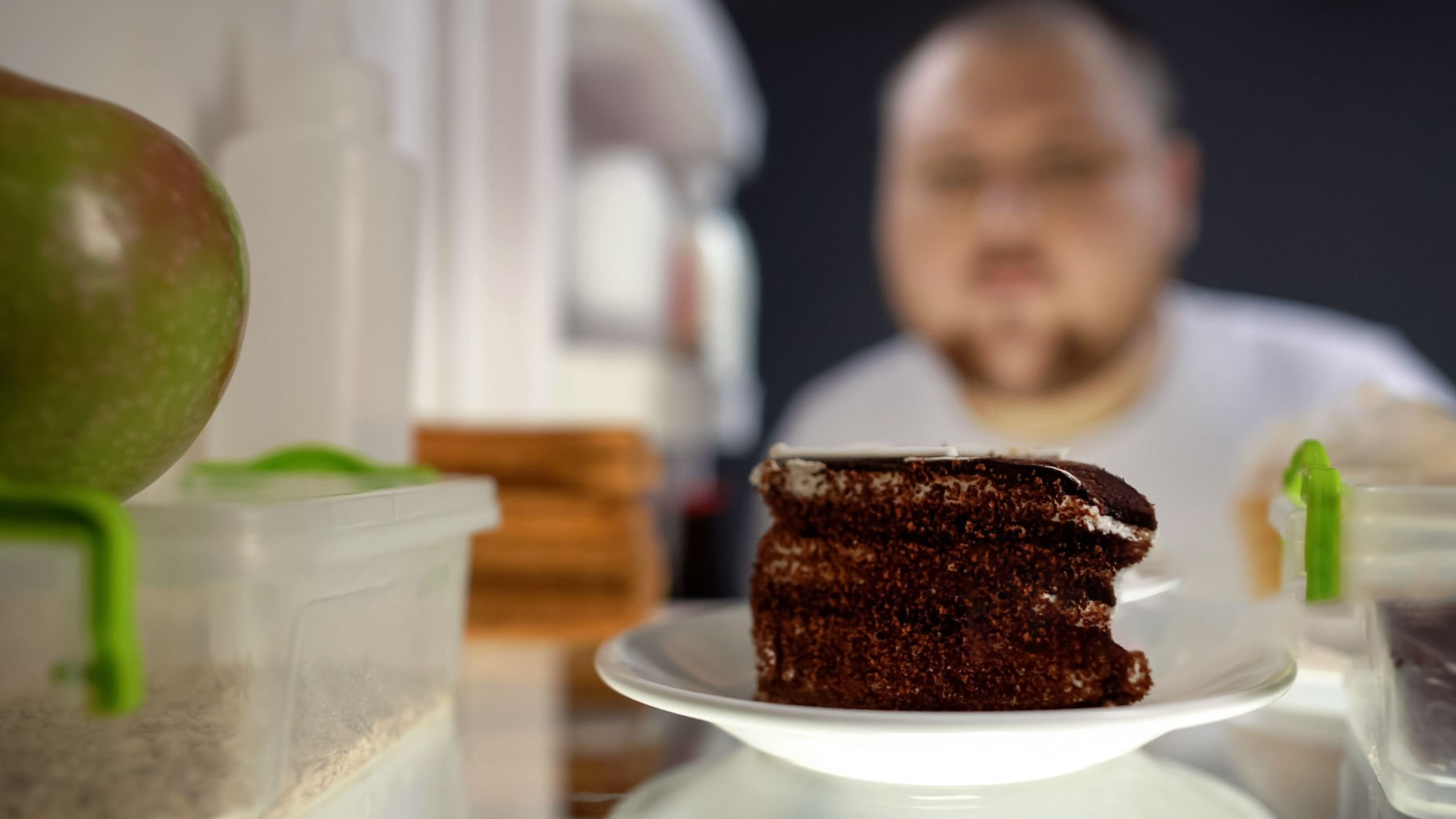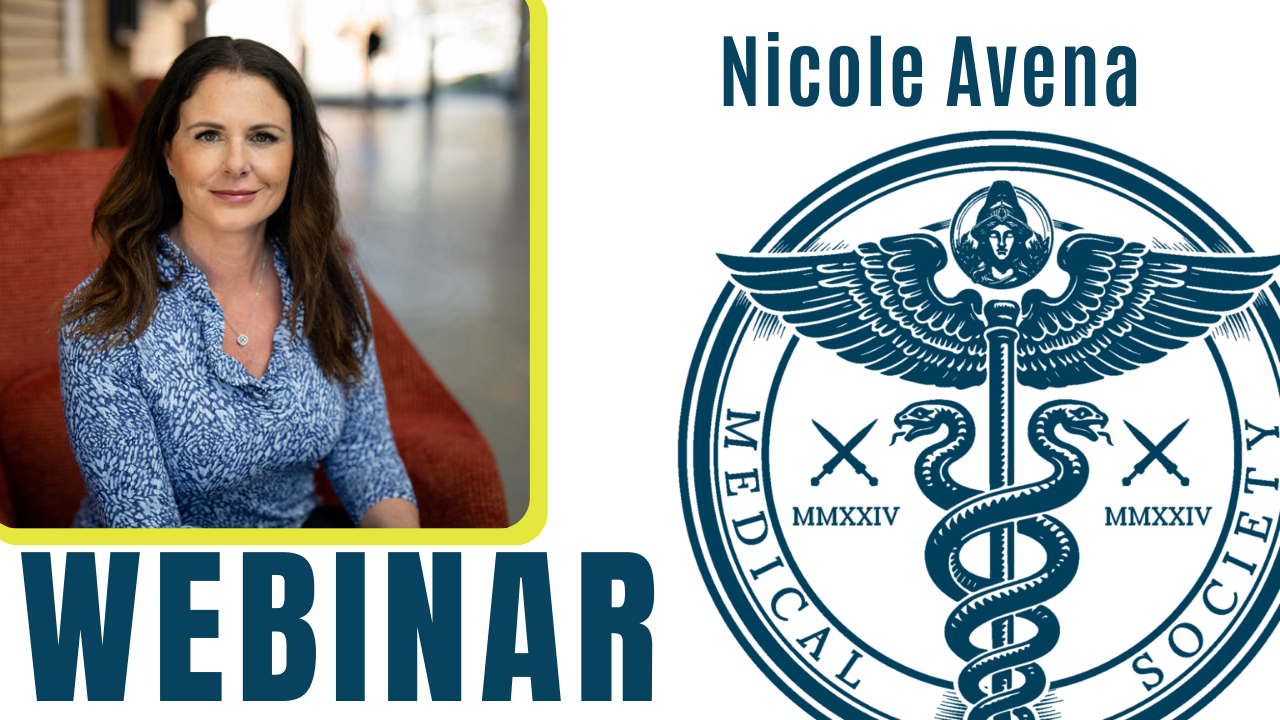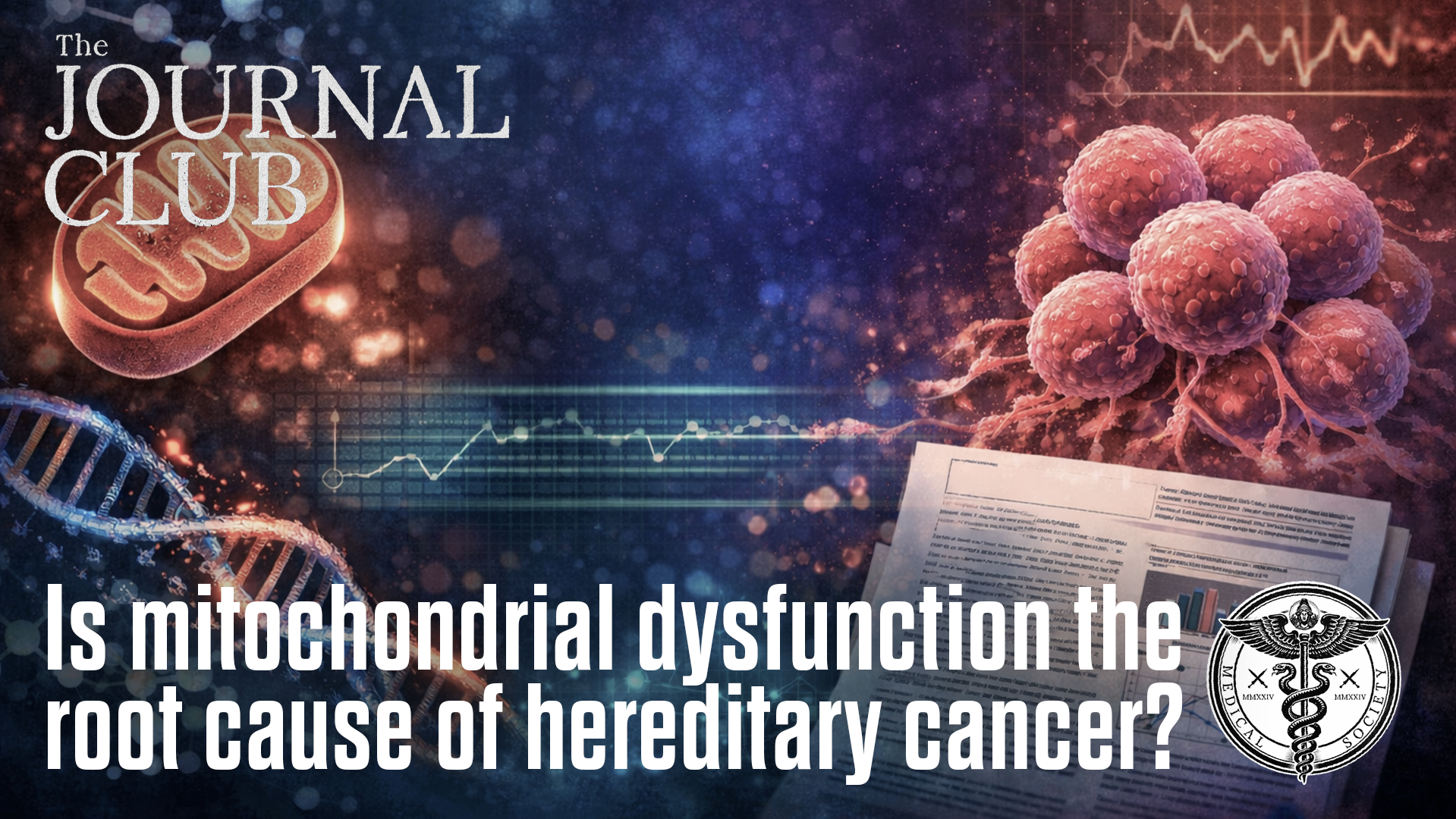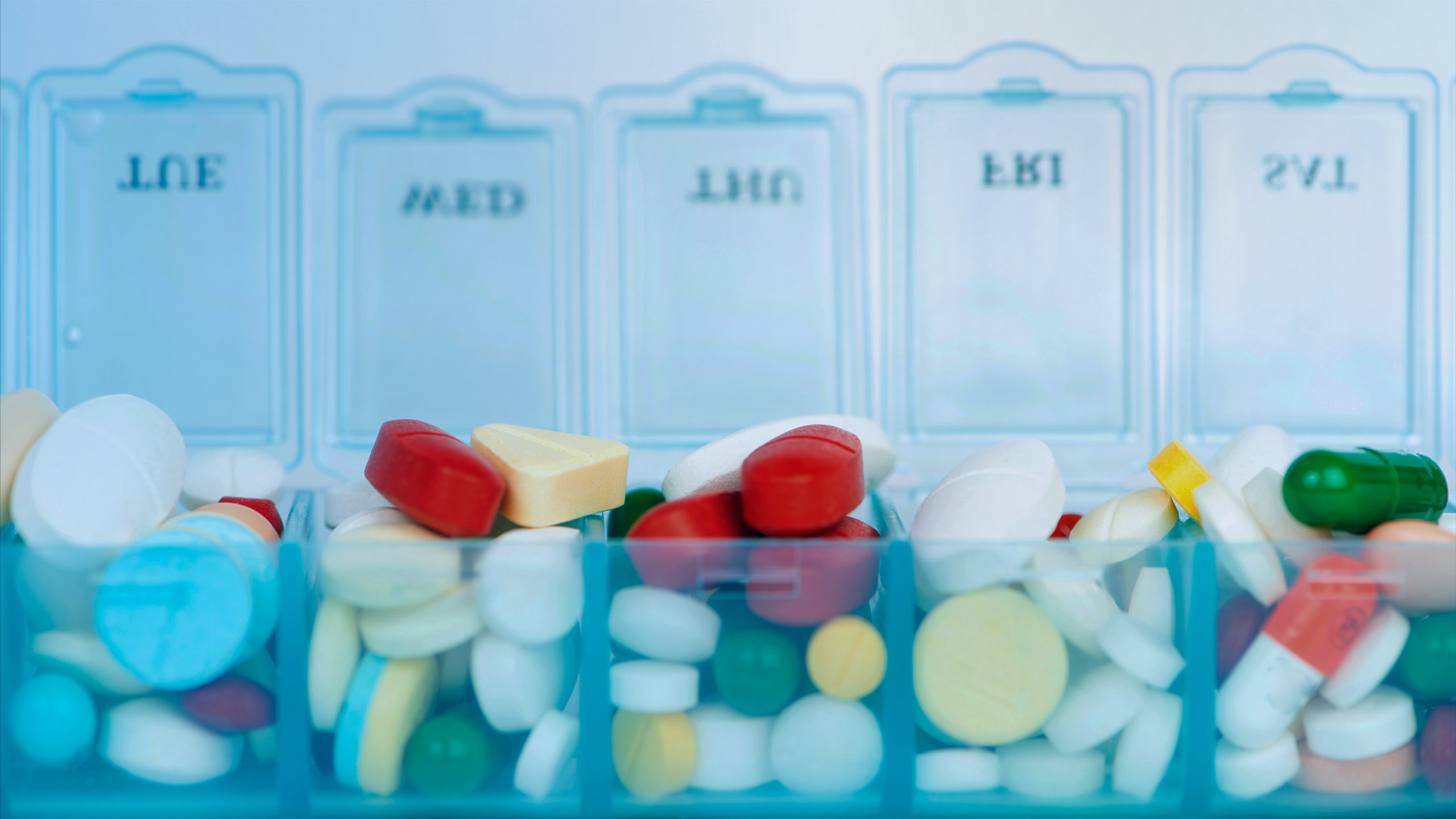At the Broken Science Initiative, we take a clear and unapologetic stance: sugar is not just unhealthy, it’s harmful. We advocate for eliminating sugar, refined carbohydrates, and seed oils from the human diet based on overwhelming evidence linking them to chronic disease and metabolic dysfunction. That’s why we believe in a foundational prescription: eat meat and vegetables, nuts and seeds, some starch, little fruit—and no sugar, no seed oils.
Dr. Nicole Avena’s article provides a valuable overview of the neuroscience behind sugar’s effects on the brain and behavior. While her tone is more moderate than ours, and at times strays into the language of moderation, we believe her research adds important context to the broader conversation. We offer it here with this caveat: we view sugar as a substance that is not just addictive in theory but dangerous in practice, and the science compels us to say so plainly.
Addiction is a loaded word. Addiction is defined as “a compulsive, chronic, physiological or psychological need for a habit-forming substance, behavior, or activity having harmful physical, psychological, or social effects and typically causing well-defined symptoms” according to Meriam Webster. The United States recognizes addiction as a disorder- and many people who struggle with it can get the help they need.
But what if we are addicted to sugar? Sugar is a silent killer. You aren’t going to drop dead from eating one cookie, but many years of having a poor diet that is rich in added sugar will not only reduce your life span, but it will also make it much more likely to be fraught with illness, disease, and unhappiness.
Sugar is a substance found in over 60% of food in American grocery stores- that is not a controlled substance, that we may be feeding ourselves and our children regularly. Our modern food industry has made sugar cheap and easily accessible for companies, and the science shows the more sugar added to foods the more we stay addicted to sugar- aka their products. The more profit the company makes from children who then grow into adults being addicted, the more sugar stays on grocery store shelves. We may all be addicted to sugar- and again, this is not recognized as an addictive substance. Let’s talk about it.
We learn from a young age that sweet=good, and for good reason! Breast milk is naturally sweet, and the preference for sweet tasting foods is innate. Where we begin to run into trouble is when we grow older, and our brains continue to rely on the boost of pleasure and happiness sugar brings.
How have we become addicted to sugar?
It starts with the neuroscience
Our brains love dopamine—a chemical released in the brain that makes us feel pleasure. It makes us feel safe, seen, and comforted. Substances that trigger the brain’s reward system can lead to dependence and addiction by hijacking natural pathways responsible for pleasure and reinforcement. When an individual consumes rewarding substances such as sugar, it stimulates the release of dopamine. The brain’s reward circuit, primarily involving the mesolimbic dopamine system, reinforces the behaviors that led to this pleasure, encouraging repetition of substance use.
It is easy to get looped on a feeling that we all want to feel- in whatever way possible. This happens to some when eating sweets for example. Another great example is the tradition of having the same coffee every morning- it makes us feel ready for the day. These reactions in the brain happen with drugs, alcohol, and food- making the known definition of an addiction spread across a large plain.
The caveat is the more we consume whatever substance makes our brains feel better through dopamine release, the more of it we need. This is called tolerance—and it happens when we eat, drink, and complete daily activities every day. We have receptors throughout our bodies that can read and process neurotransmitters and hormones. These receptors also react to drugs of abuse like opioids. These receptors are involved in the perception of our senses and can build a tolerance to an addictive substance quickly if taken in excess. The body then creates a “new normal”- meaning the senses do not function unless they are stimulated by the substance itself, making one feel abnormal if they don’t have their drug of choice.
Don’t get me wrong- the brain does need “sugar”- in the form of glucose from foods containing carbohydrates to function optimally. The brain cannot store sugar to use as energy, which can lead to cravings if one is not consuming enough food or energy throughout the day.
Free sugar and ultra processed foods are digested quickly by the body, leading to a blood sugar spike. Our brain loves having available sugar to use as energy, but this source runs out very quickly when compared to foods containing fiber and protein- for example. By eating less ultra processed foods free of sugar, and more whole foods like whole grains, high quality protein, and fruits and veggies we can slowly rewire our brain to want less quick fixes- and a more sustainable source of energy.
Impacts on the Body- the brain
We’ve all heard that sugar is not beneficial for our health- from weight management to heart disease- but sugar can be doing much more harm to your health than you think, including in the brain.
The mechanism in which sugar affects our brain is via the blood brain barrier. The blood brain barrier is a filter that surrounds the brain to protect it from toxins and other harmful compounds in the bloodstream, while also providing the brain with important nutrients it needs to function, including glucose (a type of sugar that our cells use for fuel). The brain utilizes about 20% of the body’s total glucose requirement. Under normal circumstances, the brain gets the glucose it needs to carry out functions including energy production, synthesis of neurotransmitters, and fighting off oxidative stress (which, if not combated, can lead to damage in our tissues, DNA, and proteins). However, during periods of high blood sugar or dysfunctional glucose metabolism, excess amounts of glucose can pass through the blood brain barrier, which can be toxic to the brain. To put it bluntly, too much sugar makes you dumb.
The hippocampus is one of the brain regions that is essential for proper learning and memory—and studies suggest that sugar can shrink it.
Research has shown that adults with high sugar intake score significantly lower on cognitive impairment tests compared to those who eat less sugar. Although most of the sugar from this particular study came from sugar-sweetened beverages, processed foods and desserts are also to blame. However, sugar-sweetened beverages seem to be the riskiest to consume, as they were responsible for an almost four times higher risk of cognitive impairment compared with sugar from other sources. Furthermore, adults who consume more than 11 teaspoons of sugar per day are also more likely to score lower on immediate and delayed memory tests, as well as verbal memory, which allows us to hear, process, store, and recall information.
Just two sugary drinks per day are equivalent to two years of brain aging when compared to abstaining from these drinks completely. One drink per day, including fruit juice, is also associated with less total brain volume, hippocampal volume, and poorer performance on memory tests.
So why isn’t sugar recognized as “addictive”?
Looking at the hard definition of addiction vs what society defines as an addiction can get messy- in everyday life, people view the term addict or addiction in a multitude of stereotypes. The actual components that make up a diagnosed addiction are set in stone and do not appear the same for everyone.
DSM-5 is the gold standard of mental health diagnostic criteria- meaning if you do not meet the minimum requirements for a specific disorder (like addiction), you most likely do not have a diagnosed addiction. The DSM-5 is a great way to assess symptoms or habits and compare them to a standard presentation of addiction. This ultimately helps a health professional determine if your symptoms are in fact an addiction versus physical dependence.
One thing we do know is all mental health disorders stem from something- including those addicted to what society sees as typical habits. Exercise, “healthy eating”, sugar, and processed foods can all be categorized under some sort of disordered behavior. Our society sees going to the gym every day and eating balanced meals as a great way to improve our health- but these activities also come with a reward complex in our brains making us want more; more muscle, more fat loss, more endurance, and ultimately more compliments from the public eye. These healthy activities affect people struggling with an addiction to them negatively when they do not have it, the same way any drug would as well.
Understanding how our brains work helps us understand how our body is trying to send us messages. The key to remember is everything in moderation leads to a higher tolerance level, and therefore the same great dopamine response we are all looking for. It is crucial to be intentional with anything you consume or do- from sugar to exercise to caffeine.
So how can we combat sugar addiction?
There are ways to manage our reward systems in a healthy way, and it starts with moderation. We can have 1 cup of coffee every morning for pleasure, and it will not harm us- but having 6 RedBulls may have longer lasting effects. This extreme is known as pathological, and it can occur when we build too much of a tolerance for the small pleasures to be enjoyed in a responsible manner.
Another great example is with sugary foods. We can happily enjoy a slice of cake at a birthday party by building a healthy relationship with food, but when it is taken to a level of extremes such as eating the entire cake after the party ends this is when we can develop ongoing issues with our mental health.
My book, Sugarless, gives a step-by-step guide to quitting sugar- for good. You should be able to take matters into your own hands and break free from your sugar addiction. By having first-degree access to the science behind all of this, you can understand what sugar does to your brain, and how it can grab hold of your ability to control your intake.
Related
Webinar with Nicole Avena
The Science of Food Addiction
Dr. Nicole Avena is a research neuroscientist, author, and expert in the fields of nutrition, diet, and addiction. She received a Ph.D. in Neuroscience and Psychology from Princeton University, followed by a postdoctoral fellowship in molecular biology at The Rockefeller University.
Support the Broken Science Initiative.
Subscribe today →
recent posts
A Conversation with Bruce Edwards on Metabolism, Community, and the Road to Health
Journal Club: February 5, 2026
When number-chasing replaces treating the root cause




